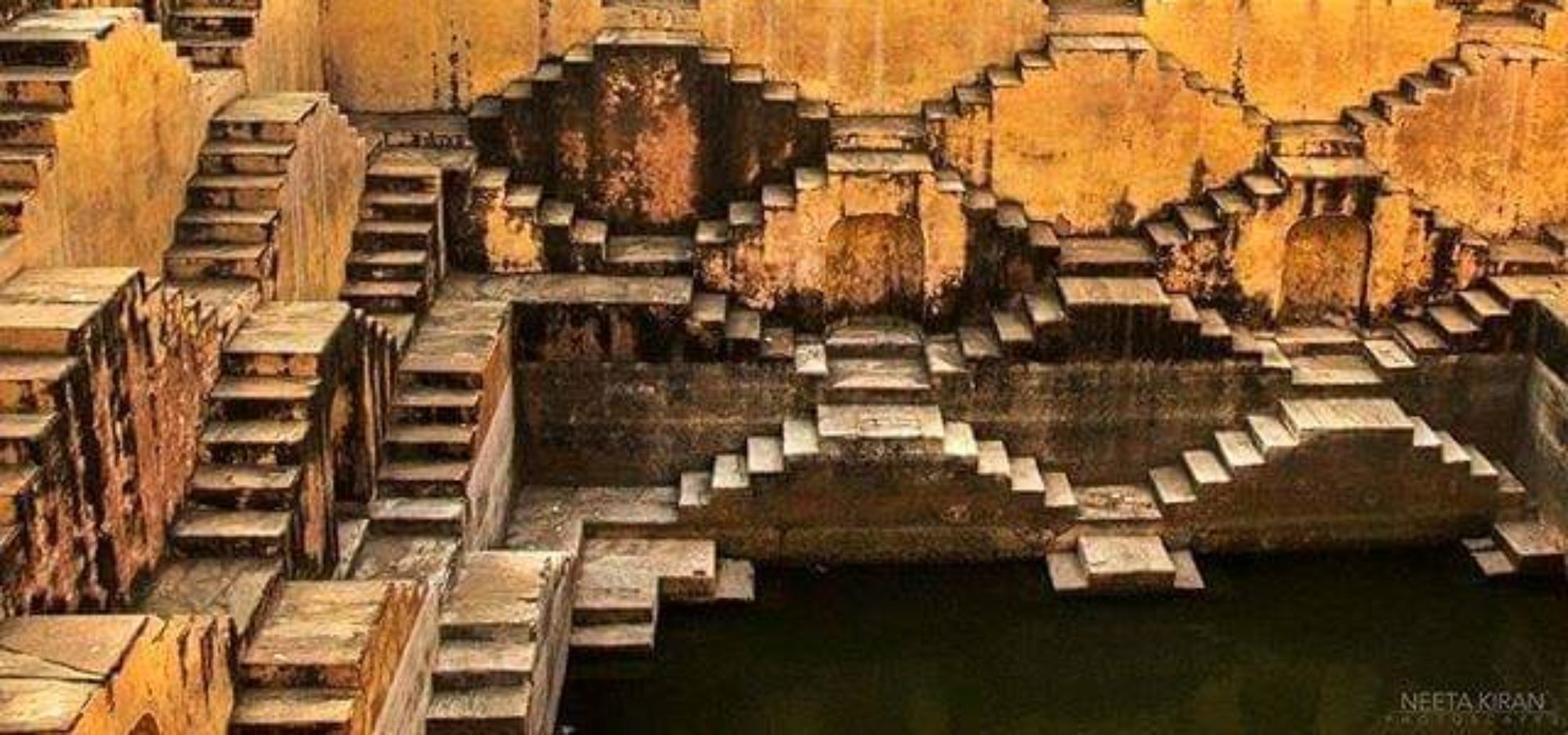About this article:
The relation between a human and the land is much more than geographical. Today’s concept of Nation State talks strictly about geo – political borders and defies any other criteria of identity.
Read the article by Ananda Coomaraswamy written in 1909 to delve into the idea of National Identity. Coomaraswamy talks about how different geo – social – religious – cultural groups are incomplete in isolation, complement each other and together make a complete creation. This is a hint not just towards National Identity, but also towards National Integration and in the same way also towards global integration (the present idea of globalisation is rather contrary to the idea of global integration).
Read the article below. This is a long article and divided in 3 pages and worth reading.
What are the things which make possible national self-consciousness, which constitute nationality? Certainly a unity of some sort is essential. There are certain kinds of unity, however, some are not essential, and others are insufficient.
Racial unity, for example, does not constitute the Negroes of North America a nation. Racial unity is not even an essential; the British nation is perhaps more composed of diverse racial elements than any other, but it has none the less a strong national consciousness. To take another example, many of the most Irish of the Irish are of English origin; Keating and Emmet, for instance, were of Norman descent; but neither they nor their labours were on that account less a part or an expression of Irish national feeling and self-consciousness. Neither is a common and distinctive language an essential; Switzerland is divided among three languages and Ireland between two.
Two essentials of nationality there are,—a geographical unity, and a common historic evolution or culture. These two India possesses superabundantly, beside many lesser unities which strengthen the historical tradition.
The fact of India’s geographical unity is apparent on the map, and is never, I think, disputed. The recognition of social unity is at least as evident to the student of Indian culture. The idea has been grasped more than once by individual rulers,—Asoka, Vikramaditya and Akbar. It was recognized before the Mahabharata was written; when Yudhishthira performed the Rajasuya sacrifice on the occasion of his inauguration as sovereign, a great assembly (village council on a larger scale) was held, and to this assembly came Bhima, Dhritarashtra and his hundred sons, Subala (King of Gandhara) and others from the extreme south and north (Dravida, Ceylon and Kashmir).
In legends, too, we meet with references to councils or motes of the gods, held in the Himalayas; whither they repaired to further common ends. No one can say that any such idea as that of a Federated States of India is altogether foreign to the Indian mind. But more than all this, there is evidence enough that the founders of Indian culture and civilization and religion (whether you call them rishis or men) had this unity in view; and the manner in which this idea pervades the whole of Indian culture is the explanation of the possibility of its rapid realization now. Is it for nothing that India’s sacred shrines are many and far apart; that one who would visit more than one or two of these must pass over hundreds of miles of Indian soil?
Benares is the sacred city of Buddhist and Hindu alike; Samanala in Ceylon is a holy place for Buddhist, Hindu and Muhammadan. Is there no meaning in the sacred reverence for the Himalayas which every Indian feels? Is it altogether meaningless that the orthodox Hindu is forbidden to leave the Motherland and cross the seas? Is the passionate adoration of the Indian people for the Ganges thrown away? How much is involved in such phrases as ‘The Seven Great Rivers’ (of India)! The Hindu in the north repeats the mantram:
Om gange cha yamune chaiva godavari, sarasvatl, narmade, sindhu kaveri jale’ smin sannidhim kuru.*
*Om! Ganges, Jamna, Godavari, Sarasvati, Narmada, Sindhu and Kaveri, come and approach these waters.”
(page 1 of 3)



Leave a Reply